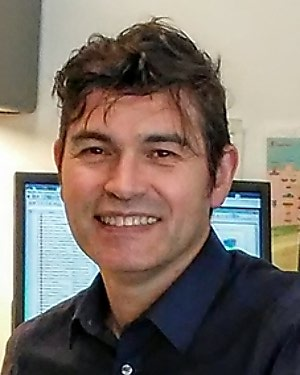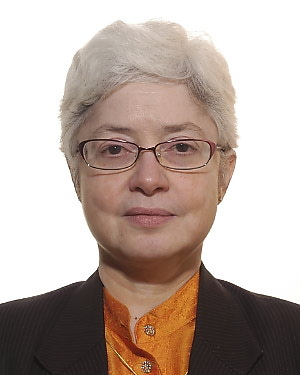Research Lab Results
-
Lei Zheng Lab
Zheng’s research focuses on two R01-funded projects; first, the group has developed a pancreatic cancer immunotherapy research program on a neoadjuvant therapy platform as well as a number of preclinical models of pancreatic cancer for developing innovative immunotherapy strategies. The group has applied the knowledge gained from pancreatic cancer immune-based therapies to the development of a colorectal cancer GVAX vaccine. Second, the group is aimed at understanding the mechanistic roles of the tumor microenvironment in cancer development and metastasis and identifying new targets for pancreatic cancer therapies by dissecting the tumor microenvironment of pancreatic cancer. -
Brennen Lab
The Brennen laboratory takes a rigorous, multi-disciplinary, team-based approach towards developing innovative therapeutic and prognostic strategies for prostate cancer with an emphasis on exploiting vulnerabilities within the tumor microenvironment towards this goal. To accomplish this goal, we are strategically pursuing novel therapeutic platforms, including stromal-targeted prodrugs, protoxins, and radiolabeled antibodies, in addition to cell-based therapy and drug delivery; all of which are designed to reduce toxicity to peripheral non-target tissue (i.e. side effects) while maximizing anti-tumor efficacy (i.e. therapeutic benefit). Currently, many of these strategies are focused on overcoming stromal barriers to anti-tumor immune responses such that men suffering from prostate cancer can share in the immense, revolutionary power of immunotherapy that is transforming care for many with advanced disease in other tumor types previously thought to be unmanageable using conventional approaches. Unfortunately, prostate cancer has largely proven refractory to these powerful approaches thus far and requires novel mono- or combinatorial treatment strategies to unleash the full potential of the immune system and generate personalized anti-tumor responses with the capability of producing long-term durable responses or even cures in these men.
-
Best Laboratory
The Best Laboratory focus on therapeutic vaccine development for HPV-related diseases by developing a murine model of papilloma analogous to Recurrent Respiratory Papillomatosis (RRP) for testing of DNA vaccine technology. We also work to understand the immunosuppressive tumor microenvironment that facilitates RRP development, and translate this work into novel therapies and clinical practice.
-
Marie-France Penet Lab
The Penet lab is within the Division of Cancer Imaging Research in the Department of Radiology and Radiological Science. The lab research focuses on using multimodal imaging techniques to better understand the microenvironment and improve cancer early detection, especially in ovarian cancer. By combining MRI, MRS and optical imaging, we are studying the tumor microenvironment to understand the role of hypoxia, tumor vascularization, macromolecular transport and tumor metabolism in tumor progression, metastasis and ascites formation in orthotopic models of cancer. We also are studying the role of tumor-associated macrophages in tumor progression. -
Franck Housseau Lab
The Franck Housseau Lab focuses on the role of the microbiome in colorectal tumorigenesis and on developing a better understanding of the tumor immune microenvironment. The lab is currently working to define the biomarkers of a pre-existing antitumor immune response in metastatic colorectal cancer to define a population of patients eligible for checkpoint blockade therapies.
-
Zaver M. Bhujwalla Lab – Cancer Imaging Research
Dr. Bhujwalla’s lab promotes preclinical and clinical multimodal imaging applications to understand and effectively treat cancer. The lab’s work is dedicated to the applications of molecular imaging to understand cancer and the tumor environment. Significant research contributions include 1) developing ‘theranostic agents’ for image-guided targeting of cancer, including effective delivery of siRNA in combination with a prodrug enzyme 2) understanding the role of inflammation and cyclooxygenase-2 (COX-2) in cancer using molecular and functional imaging 3) developing noninvasive imaging techniques to detect COX-2 expressing in tumors 4) understanding the role of hypoxia and choline pathways to reduce the stem-like breast cancer cell burden in tumors 5) using molecular and functional imaging to understand the role of the tumor microenvironment including the extracellular matrix, hypoxia, vascularization, and choline phospholipid metabolism in prostate and breast cancer invasion and metastasis, with the ultimate goal of preventing cancer metastasis and 6) molecular and functional imaging characterization of cancer-induced cachexia to understand the cachexia-cascade and identify novel targets in the treatment of this condition.



